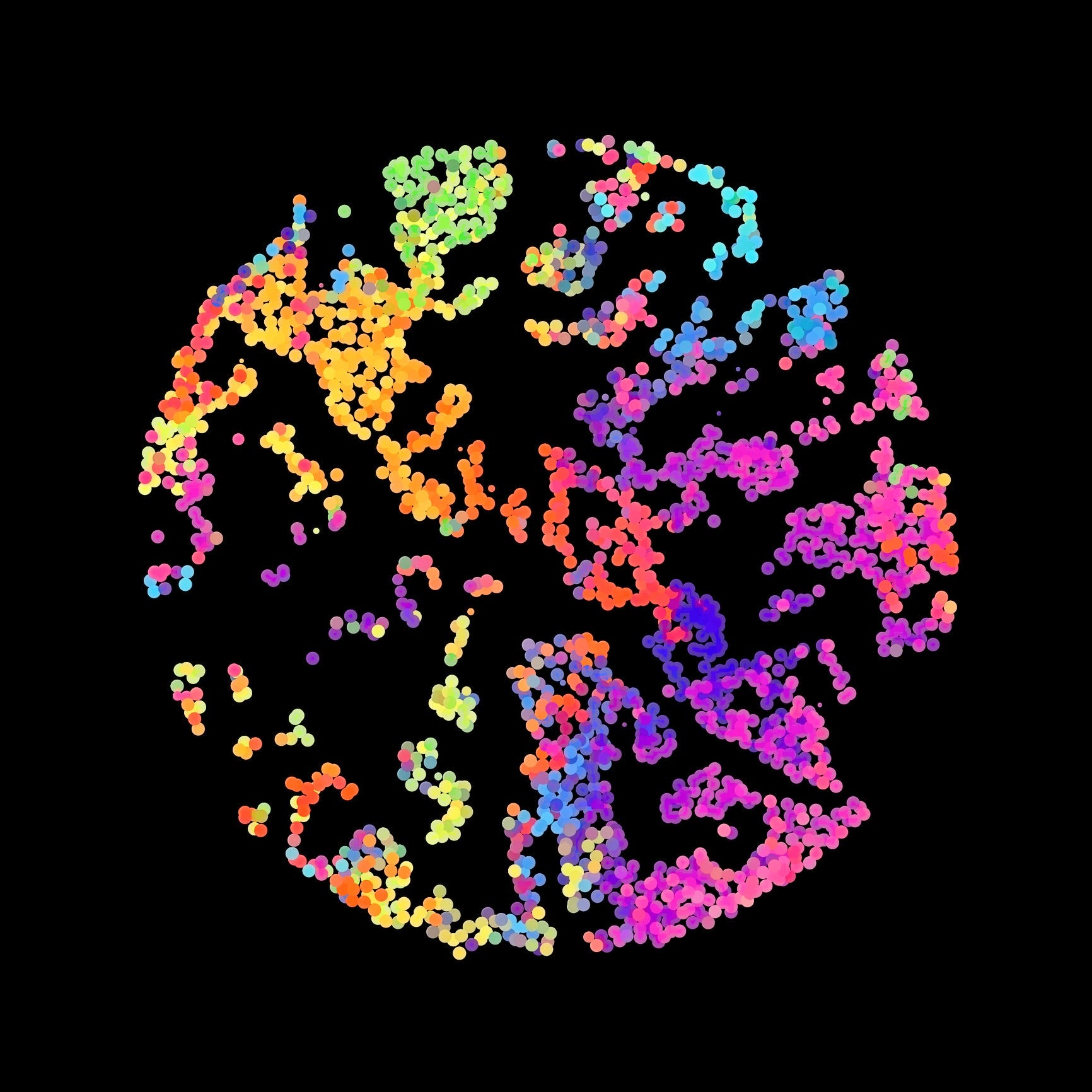Finding Equanimity in a Troubled World
- Author
- Mel Pine
- Published
- Wed 02 Oct 2024
- Episode Link
- https://melpine.substack.com/p/finding-equanimity-in-a-troubled
Equanimity…is the quality of heart that balances the movement of the heart with wisdom. Equanimity allows us to care, while also owning the limits of that care…. It is not detachment, because our heart is still engaged. We learn to take wise action when appropriate, and we let go of attachment to outcomes. —The Tattooed Buddha
Inspired by my dharma siblings, with whom I sit for an hour every morning via Zoom, I wrote and recorded a meditation to help us all balance our empathy with our equanimity during these troubled times. No matter how comfortable our individual lives may be, we can’t help feeling the pain of the world’s violence, searing divisiveness, and catastrophic environmental events.
The lands considered holy by Abrahamic religions are engulfed in technologically frightening warfare on the verge of spreading. In Nepal—with its deep significance to Buddhists and Hindus—hundreds have died in flash floods this week and earlier this year during a period of severe monsoons. Communication has not yet been fully restored, so the effects of the recent flooding remain to be determined, but Nepal is disproportionately vulnerable to climate change.
In the United States, which also has seen unprecedented flooding in the past week, the closely divided and widely separated electorate is nearing an election that could be pivotal for the world as well as the nation. It continues to struggle with an influx of refugees at its southern border, fleeing political and environmental instability.
Political and environmental instability is also driving would-be immigrants toward Europe, where political systems are being strained, and war continues between Russia and Ukraine.
We know that the world has recovered from devastation before. From 1939 to 1945, the Second World War resulted in up to 85 million fatalities, more than 50 million of them civilians. Tens of millions were dislocated and forced to find new homes. From 1347 to 1351, the bubonic plague is estimated to have cost Europe and China half of their population and the Middle East a third. The resulting disruptions lasted decades.
Still, in times like we’re living through, some of us experience empathy fatigue—running out of emotion—while others, known as empaths, can’t stop feeling the pain of others. Both extremes might consider the difference between empathy and compassion. We need to keep hold of our compassion—our deep desire to help—while limiting our emotional absorption of others’ pain.
Our emotional and tangible resources are limited, so we aim to train our minds to focus on what we can do, not everything that should be done.
So, you can find a comfortable place to meditate in whatever position you prefer.
Get full access to From the Pure Land at melpine.substack.com/subscribe
